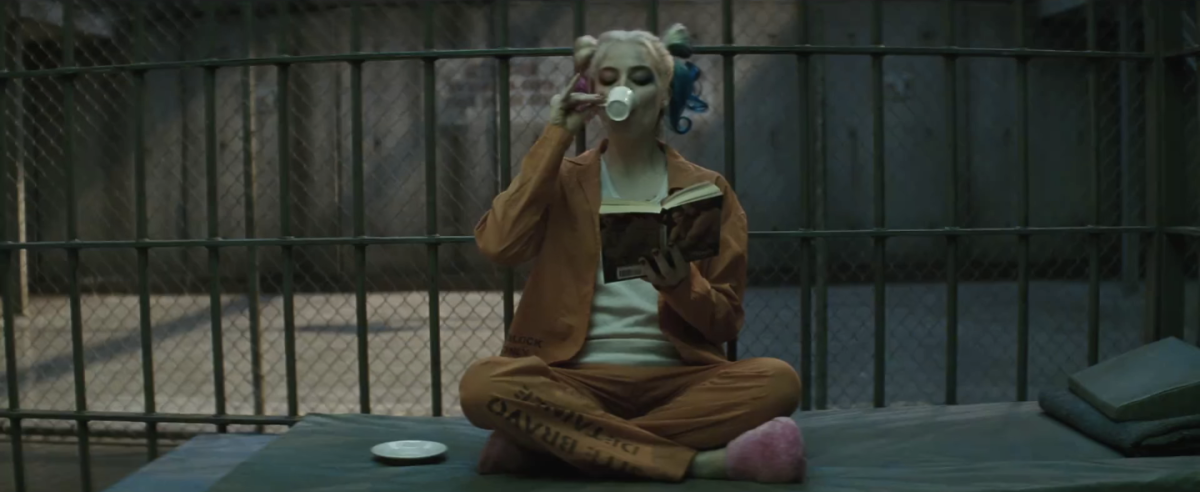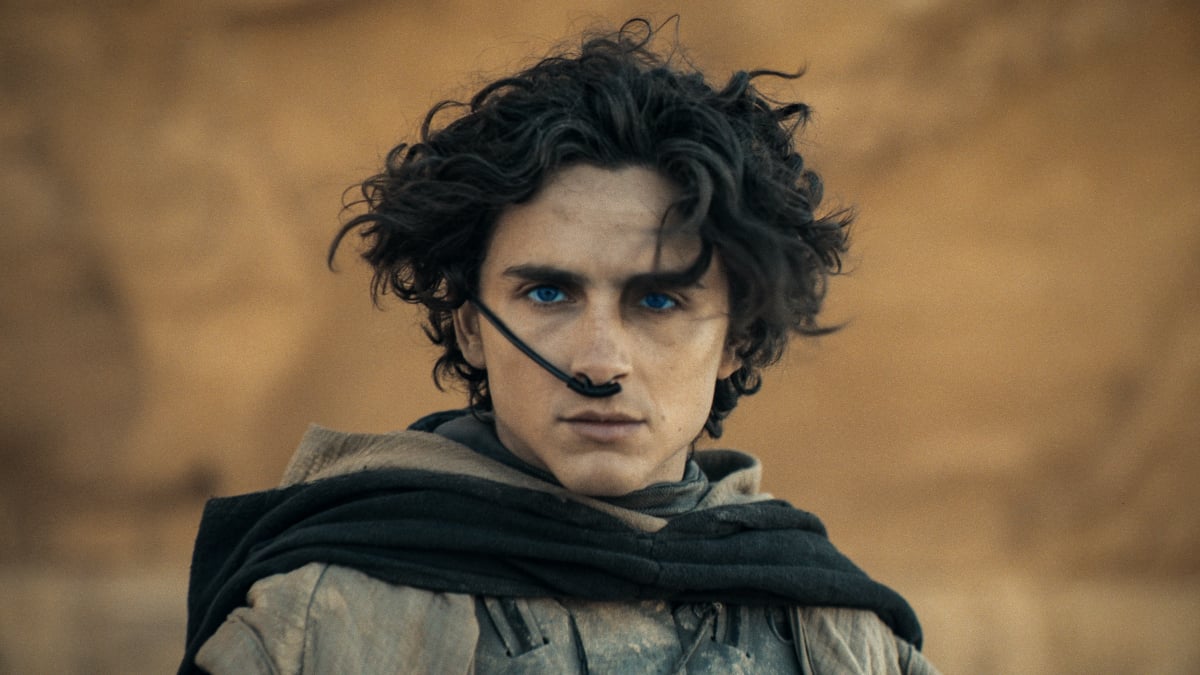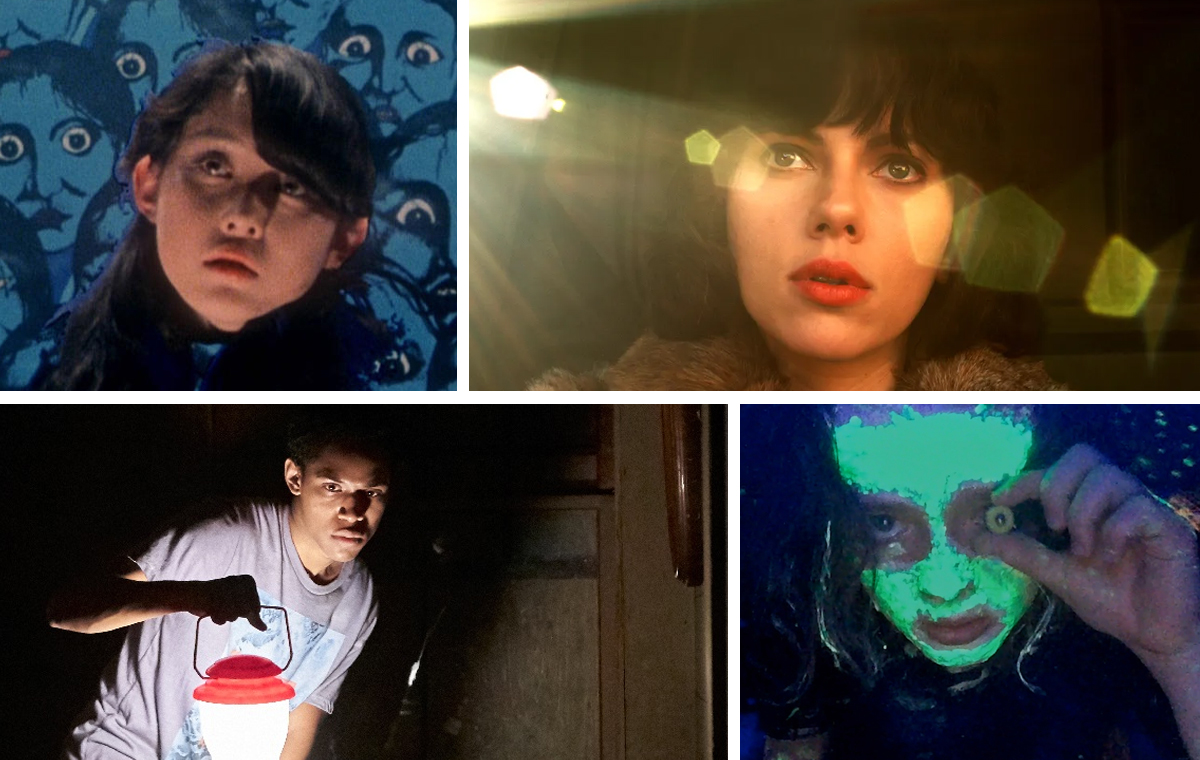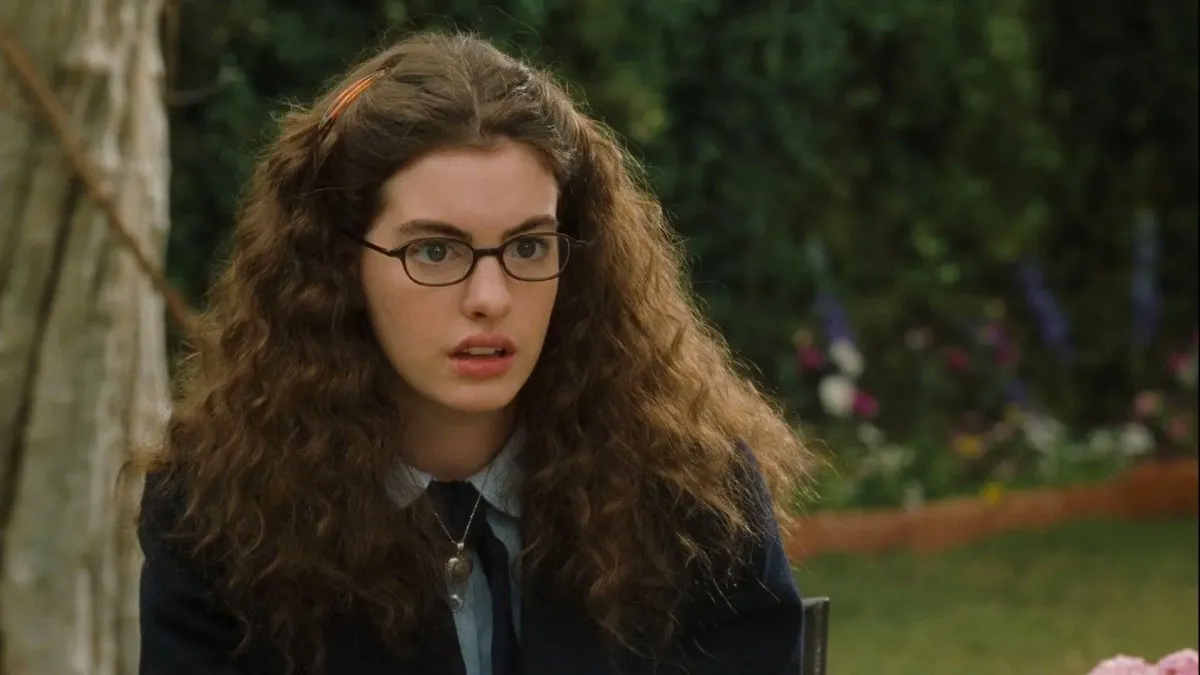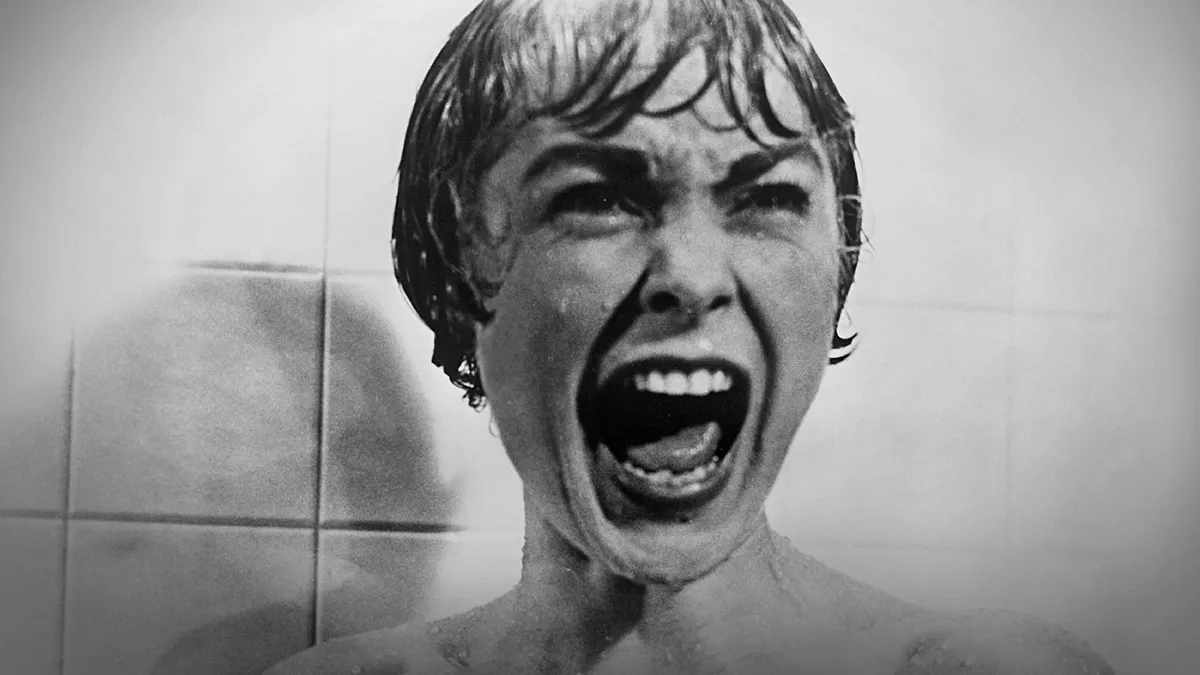Suicide Squad has made some changes to the Joker and Harley Quinn’s characterization, but at least one element will remain the same: they’re going to be in a “really unhealthy, dysfunctional relationship.” That’s according to Margot Robbie, who described their dynamic as such to the LA Times: “It’s an incredibly dysfunctional relationship. She’s mad about him—like, literally, mad. She’s crazy. But she loves him. And it’s a really unhealthy, dysfunctional relationship. But an addictive one.”
Relationship troubles between the Clown Prince and Princess of Crime are nothing new, although in the comic books now, Harley Quinn and the Joker have finally broken up, to the relief of fans like me who’d much rather see Harley date someone who treats her right (someone like… Poison Ivy!). But I shouldn’t stick with euphemisms like “relationship troubles” when what I actually mean is that their relationship has often been depicted as abusive. Here’s one collection of examples (content warning for abuse), put together by Arousing Grammar, depicting the moments in various comics when the Joker has physically abused Harley, as well as examples of his emotional abuse like threats and manipulation.
Even in her first-ever appearances in Batman: The Animated Series, Harley and the Joker had an uneven power dynamic even on the best of days. Here’s one example, when Harley surprises him on their seven-year anniversary by climbing out of a comically oversized cream pie while singing “Happy Birthday” in Marilyn Monroe fashion. He responds to this by physically picking her up and throwing her outside onto the pavement.
The construction of this scene is clearly intended to be “delightfully wacky slapstick,” but I remember feeling uncomfortable about watching it even as a kid with no real awareness of the gender dynamics at play. Back then, I just thought, “Why is the Joker so mean to Harley? She’s only trying to be nice to him, and he doesn’t appreciate her at all!” As an adult watching this, I think, “Oh. This is an abusive relationship.”
Arguably, the New 52‘s depiction of Harley Quinn and the Joker’s relationship has only gotten worse, thanks to the changes to Harley Quinn’s origin story. This feature at Hitfix goes over that change, which is also included in the Suicide Squad movie: in her original canon, Harleen Quinzel began as the Joker’s psychiatrist, and eventually she fell in love with him and chose to take on the Harley Quinn persona so that she could be with him. In the New 52 version of the story, Dr. Quinzel still starts as the Joker’s psychiatrist, but now she takes on her Harley Quinn identity after the Joker forcibly throws her into a vat of toxic sludge. This time, it’s the Joker who’s making the decision to turn her into Harley.
In her original iteration, Harley Quinn and the Joker’s dysfunctional relationship felt relatable, even realistic (well, apart from the super-villain bit). The characters both made immoral choices: Harley arguably abuses her power as the Joker’s psychiatrist by choosing to pursue him romantically. One could also argue that the Joker has the upper hand throughout their therapy sessions, and that he was the one doing the emotional manipulation. The freedom for interpretation there allows both characters to seem more like actual people, as opposed to just a straightforward villain and captive damsel. This complexity also offers a more humanizing character-driven reason as to why Harley might later blame herself for their relationship’s instability, or believe that she “deserves” to be treated like crap by him. It also makes her narrative of eventually deciding to leave the Joker far more interesting.
As for why Harley Quinn doesn’t leave him right away, studying other domestic abuse scenarios in real life can explain that one: the bad times are really bad, but the good times are great. Low lows, high highs. The Joker abuses Harley, but he always circles back around and tells her that no one will appreciate her like he does. He isolates her from other support networks so that she has nowhere else to go and no one else to rely on.
Harley Quinn starts out as an intelligent woman who gets caught up in the behavior of a manipulative, abusive person. She makes mistakes, but those mistakes don’t mean that she deserves to be abused in return, and it’s not her fault or responsibility that she cannot “fix” the Joker. That experience can, and does, happen to real people all the time.
However, if the Joker is the one who transforms Dr. Quinzel into Harley Quinn against her will, their relationship becomes significantly more sinister, but also, less interesting. In this scenario, the Joker is the one pursuing Harley against her will, and there’s no give-and-take even in the early stages of their relationship. As a result of this framing, Harley Quinn has less agency, and therefore seems less like a person and more like a narrative prop. The implication that abusive relationships only happen because a woman gets infected by “toxic sludge” is not great. It would be more humanizing, and frankly a better character-driven story, if we saw Harley making her own choices and overcoming her attachment to the Joker after realizing that he can’t be a good partner.
Unfortunately, that’s probably not what we’re going to get out of Suicide Squad. We are going to see some physical abuse, though. As for what that will entail, we’ve already seen some leaked footage of the Joker punching Harley Quinn. Based on the horror stories about Jared Leto harassing his co-stars “in character” by sending them used condoms and anal beads, it seems likely that emotional abuse will figure heavily into his characterization of the Joker as well.
A lot of the arguments in the DC fandom center around whether or not the Suicide Squad movie’s depiction of Harley Quinn and the Joker is “accurate” or not. Specifically, Jared Leto’s Joker has come under a lot of fire from fans for not seeming like he behaves the way the Joker would behave. Perhaps the Joker wouldn’t send used condoms to his colleagues in the mail, but the physical abuse of Harley Quinn would sadly be “accurate” based on past canon.
I’m not arguing that this aspects of their relationship should be removed from Suicide Squad. What I’m more concerned about is how the movie will go about depicting that abuse, and in particular, whether or not that “dysfunction” will end up getting romanticized. It could be really interesting if Suicide Squad ended up being the movie that de-romanticizes the fandom’s vision of the Joker as a “cool” character. I’m sure that if it happens, Jared Leto will be the one getting the blame for “ruining” the Joker, what with his antics on the film set. But perhaps the Joker is a character who could stand to be taken down a peg.
If the trailers are any indication, Suicide Squad is going to be Harley Quinn’s show; Margot Robbie looks to be stealing every single scene she’s in. Hopefully that means we can expect a plot-line in which Harley leaves the Joker sooner rather than later, since it doesn’t seem like the Joker is anything to be excited about anymore. I don’t think anyone would mind if Jared Leto wasn’t on the set at all, anyway.
(via Uproxx, image via YouTube)
—The Mary Sue has a strict comment policy that forbids, but is not limited to, personal insults toward anyone, hate speech, and trolling.—
Follow The Mary Sue on Twitter, Facebook, Tumblr, Pinterest, & Google+.



